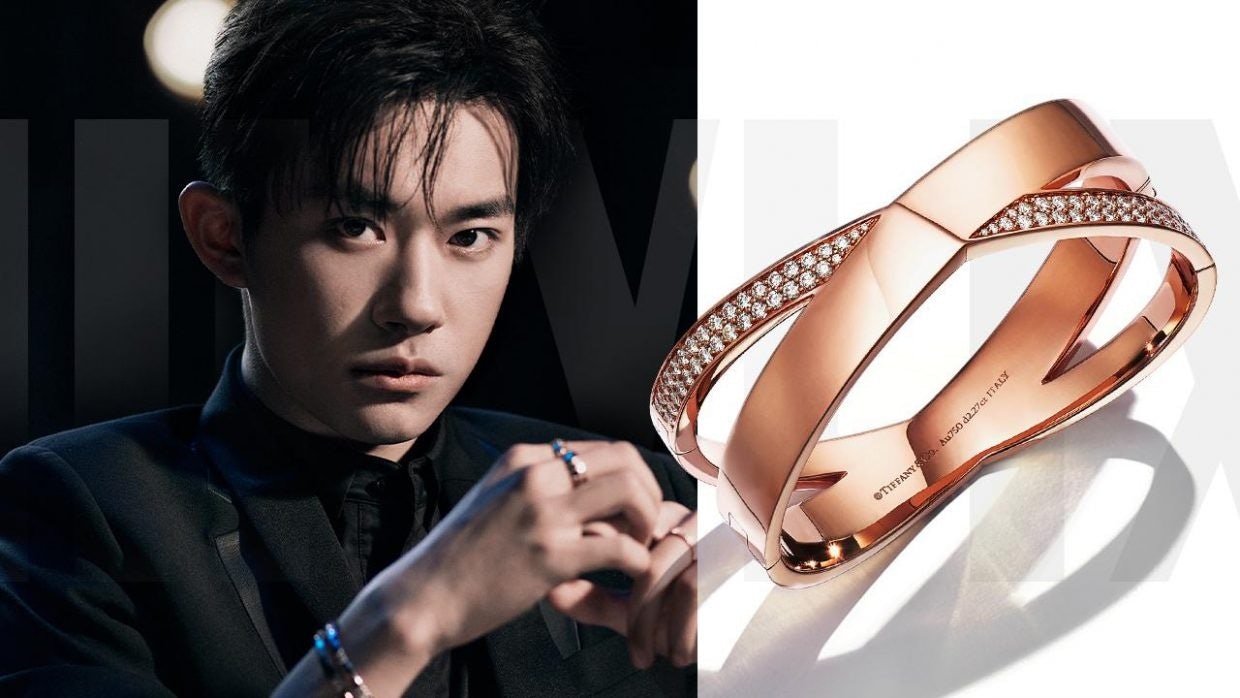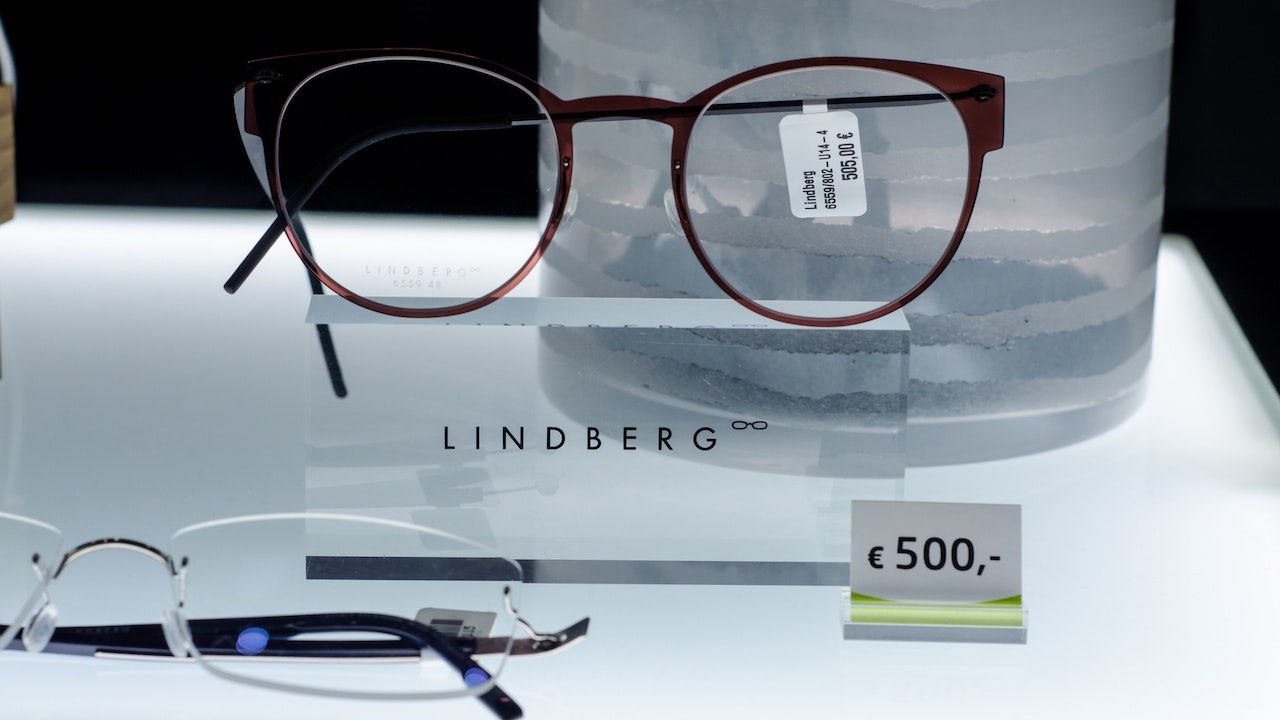Key Takeaways:#
- Kering’s acquisition of Danish eyewear brand Lindberg is a case of luxury groups addressing shortcomings in their current portfolios.
- Other recent acquisitions like Richemont’s purchase of Delvaux indicate that luxury groups are investing to build long-term revenue in Asia.
- Rather than seeking to introduce new brands to the China market, we may see luxury brands acquire more brands with an existing market footprint in the years ahead.
A recent spate of deals indicate that the world’s leading luxury groups are looking to get out of their comfort zones in an effort to beef up their defenses against rivals and tap new consumer bases, especially in still-growing markets like China. But beyond that, these strategic plays suggest a sense of urgency among luxury giants to branch out and invest in traditionally weaker areas.
Kering’s newly announced acquisition of the family-owned Danish eyewear brand Lindberg reflects how the French conglomerate could be aiming to reduce its dependence on Gucci while addressing a potential gap in its luxury eyewear division. As Roberto Vedovotto, head of Kering Eyewear, told the Financial Times, the purchase of Lindberg “showed that [Kering] was serious about investing in the high-end eyeglasses market,” which Vedovotto estimates is worth around €4 billion ($4.7 billion) in retail revenue per year.
Previously, Kering’s strength in eyewear centered entirely around branded eyewear for its luxury and lifestyle brands in its portfolio through the Kering Eyewear division, which produces eyewear for 15 Kering-owned brands, including Gucci, Cartier, Saint Laurent, and Bottega Veneta.
But Kering had a gap in that it lacked a dedicated high-end eyewear brand like Lindberg, one with a strong global presence and existing name recognition among high-end consumers, including in China, where it has an existing footprint in China and Chinese-language website. The Lindberg purchase offer Kering is a turnkey opportunity to deepen its eyewear presence in China, a market poised to power the growth of high-end eyewear for years to come thanks to its vast population, which also has the world’s fastest-growing rates of myopia.
Another recent move, Richemont’s purchase of the 192-year-old Belgian leather-goods brand Delvaux, hints at how the Swiss luxury group is looking to continue its diversification away from its core competency in “hard luxury” (jewelry and timepieces) toward more accessible accessories and lifestyle goods. The latter two are areas of particular strength for rival LVMH (both globally and in China) where Richemont has lagged in comparison. Of the 26 maisons now owned by Richemont, only a handful (such as Dunhill, Serapian, and Chloé) specialize in leather goods.
The addition of Delvaux to the roster significantly strengthens Richemont’s leather goods portfolio and as well as its retail footprint — There are currently more than 50 Delvaux boutiques around the world, with ten in mainland China. But perhaps even more importantly, it gives Richemont access to a brand that’s on an upward trajectory among more sophisticated consumers and opens the door to potentially covetable collaborations with other Richemont brands that have seen strong momentum in China, such as Cartier, Piaget, or the Gen Z-chasing Dunhill.

Expanded access to high-spending consumers was considered a driving force for LVMH’s acquisition of Tiffany & Co, which was completed earlier this year following protracted negotiations and squabbles in 2020. Buying Tiffany & Co. also filled a gap for LVMH in the space of relatively affordable hard luxury. Although LVMH’s portfolio is nearly three times larger than Richemont’s, it includes only seven watches and jewelry brands, and none of which see comparable levels of interest among younger millennial or Gen Z consumers as Tiffany
Tiffany has already undergone several rounds of transformation under LVMH, starting with a C-suite shakeup that brought former Louis Vuitton executive Anthony Ledru in to replace Alessandro Bogliolo as CEO and former Rimowa CEO Alexandre Arnault (son of LVMH President Bernard Arnault) taking the reins as executive vice president of communications and products. The brand has also boosted the status of Asian celebrities in its endorsement deals, naming Blackpink member Rosé and Chinese idol Jackson Yee as global ambassadors. Tiffany also plans to open new locations across East Asia as well as Europe while revamping its more than 300 boutiques worldwide starting this year. In June, Tiffany was the exclusive luxury brand sponsor of the Weibo Movie Awards Ceremony, dressing more than 20 Chinese celebrities for the event and posting behind-the-scenes vlogs.
So far, it appears that LVMH’s goal for Tiffany & Co. is to give it a look and feel that works for China’s younger millennial and Gen Z consumers, many of whom are taking their first steps into luxury consumption. But the longer-term objective is to integrate the brand more deeply into the group’s overall strategy and position it as a gateway for young consumers to purchase other brands in the LVMH portfolio, a strategy that is shared among the conglomerate's key rivals.

